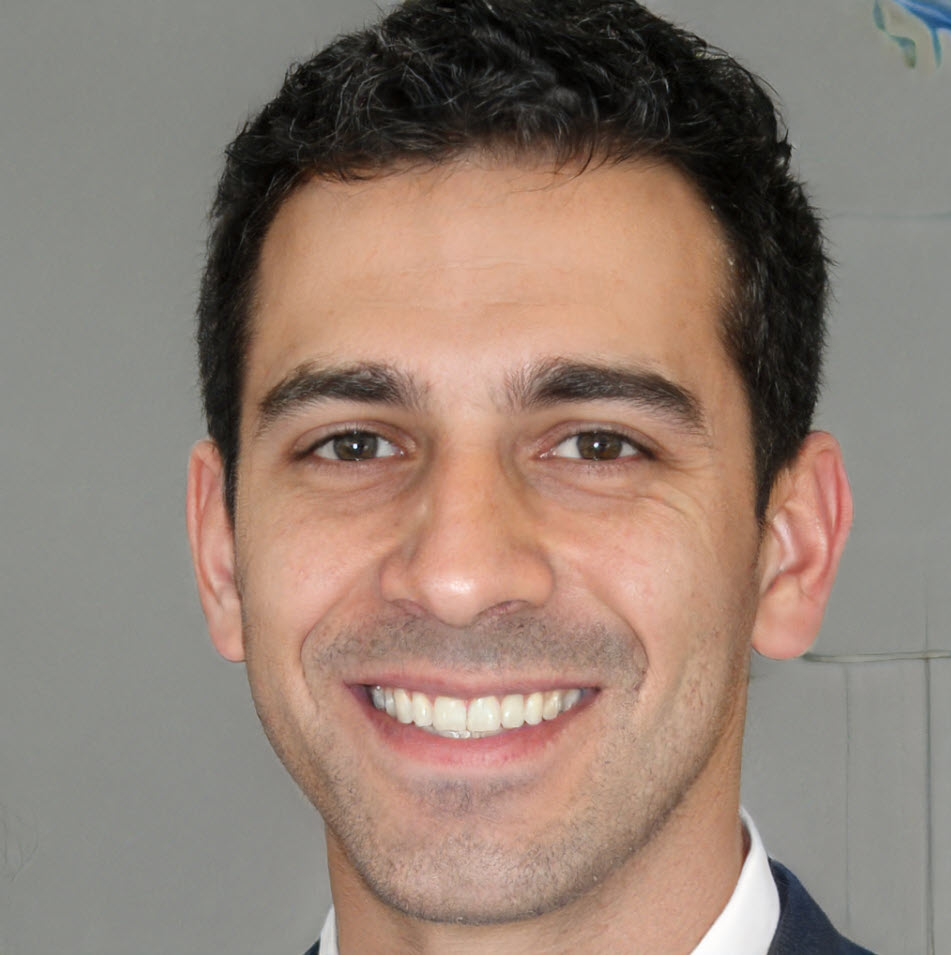IOT Enabled Intelligent Water Measuring System for Commercial-Grade Smart Water Meter
1 View
Share this Video
- Publish Date:
- 16 November, 2022
- Category:
- IOT Videos
- Video License
- Standard License
- Imported From:
- Youtube
The emergence of the Internet of Things (IoT) gives the opportunity to connect more smart devices, which helps to reduce human interactions in many application domains. Among the various possible applications, we focused on developing a smart water measuring system to replace the traditional water measuring system in Sri Lanka using Ultrasonic Transducers and NB-IoT/GSM Communication technologies. The design procedure of the required functionalities with custom-built electronics and customised firmware is discussed throughout this video.
The current water measuring procedure uses mechanical water meters, which require a reader to take water consumption measurements. This has a high cost in terms of human resources as well as the limitation of data as we can have only one reading per month. To address these issues, we have developed our project to automate this procedure by using IoT technology and increase the accuracy of measurements by using more reliable ultrasonic transducers to get water meter readings. Also, our meter can provide hourly water consumption data, which can be used to analyse water consumption patterns and optimise device power usage as well as water distribution infrastructure.
To achieve optimal power consumption for the device, we adjust the measuring frequency using the time series predictions using the historical data of the users. Also, low power modes of the MCU are used to save the power in between ultrasonic measurements. Also, we have implemented a backup communication and storage mechanism to handle the communication failures and device failures. The device is mainly designed to use along with NB-IoT technology and to work with GSM technology where NB-IoT coverage is not available. In terms of accuracy, we maintained a measuring accuracy higher than traditional mechanical water meters in typical flow rate ranges.
Project Supervisors:
Dr. Ajith Pasqual
Dr. Subodha Charles
Group Members:
W.I.T. Jayaweera
R.M.S.C. Ranaweera
N.P.S. Rathanaweera
N.S. Sanjaya













